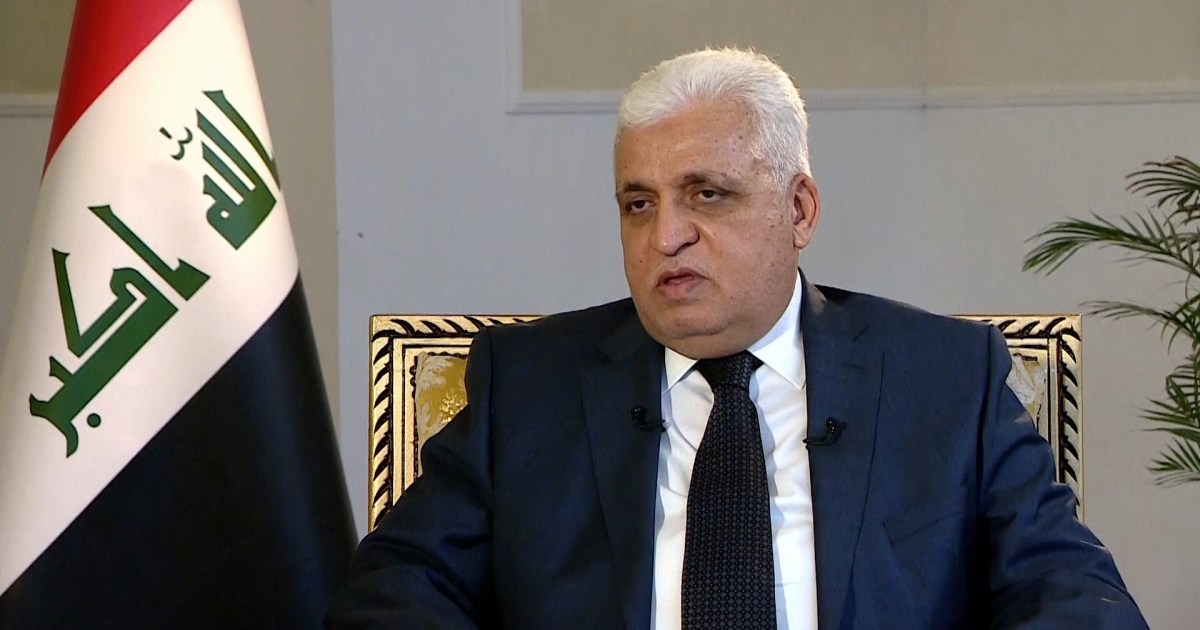Al-Fayyad stressed in statements to the "Special Meeting" program on 4/8/2022 that the rerun of the parliamentary elections is no longer an issue specific to the Sadrist movement, noting that the coordinating framework did not specify its official position on holding early elections.
Although Al-Fayyad defended his conviction of the importance of the popular demonstrations as an outlet for the street as well as for the political forces, he rejected the presence of the masses at the top of Parliament, and considered this an unnatural matter, and blamed the security forces and the caretaker government headed by Mustafa Al-Kazemi, because they did not play their role in protecting official institutions and preventing the masses from reaching to her.
At the same time, Al-Fayyadh praised the Iraqi street’s handling of the presence of followers of some political forces in official buildings, and considered this a passing event that will be resolved, without resorting to confrontation and threatening civil peace, which he considered a red line that should not be approached.
With regard to the initiative put forward by the caretaker Prime Minister, Mustafa Al-Kazemi, to resolve the current crisis, Al-Fayyad stressed that the coordination framework is open to all initiatives and is always ready for dialogue, but added that the initiative loses its value if the other party rejects the principle of dialogue.
He stressed that the framework authorized Mr. Hadi al-Amiri to negotiate with the Sadrist movement, given the position that al-Amiri enjoys with most of the Iraqi forces.
With regard to the candidate for the coordination framework for the next government, Al-Fayyad said that the framework is still sticking to his candidate, Muhammad Al-Sudani, and this is the option he reached after long negotiations and discussions.
At the same time, he stressed the importance of ending the government's crisis in view of the fact that the current caretaker government is constrained and unable to take important decisions as it has resigned, while many funds are managed without parliamentary oversight.

